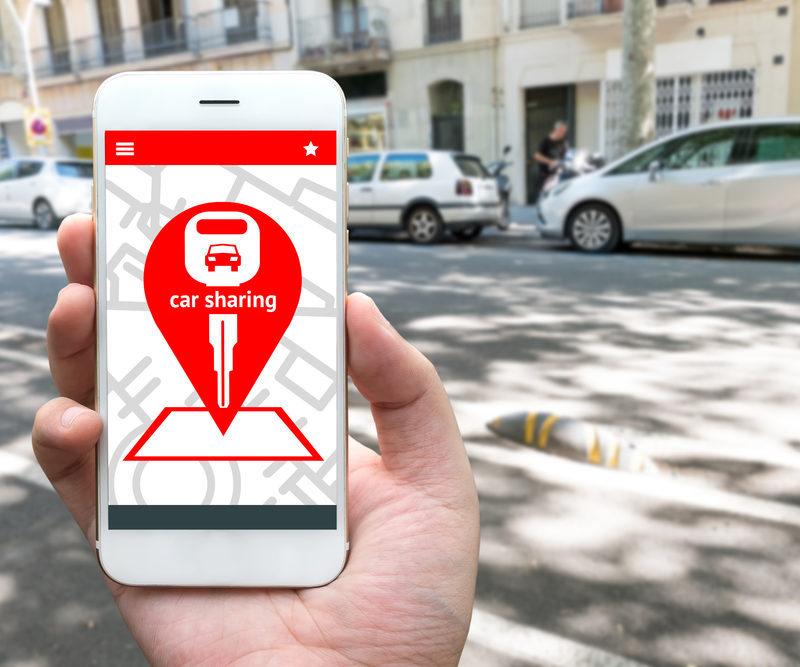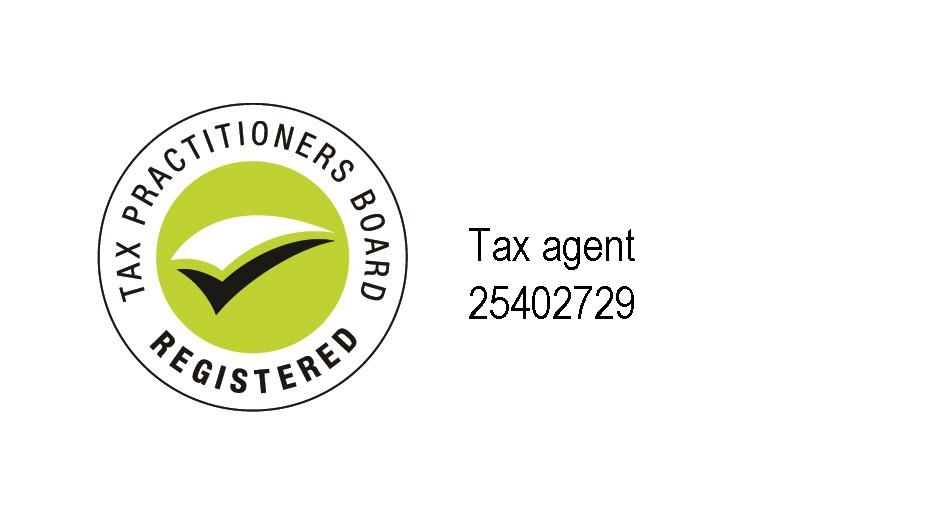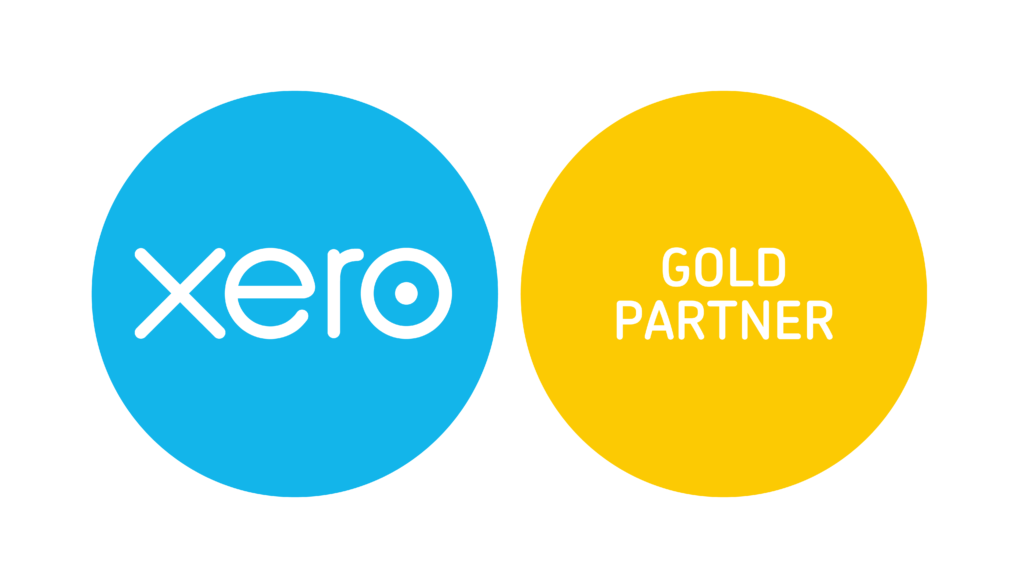Tax Obligations for the Sharing Economy

The sharing economy is defined as economic activity through a digital platform (such as a website or an app) where people share assets or services for a fee, for example, Uber and Airbnb. These operators typically offer a platform that allows consumers to connect with the provider of a service. The transaction can result in a cash, card or direct debit payment for service, including other options like credit that can be applied to future purchases or services, or an exchange of mutually needed services.
If you are a provider of services or assets through a platform for a fee, you need to consider how income tax and, goods and services tax (GST) applies to your earnings.
The sharing economy is increasing in popularity includes activities like:
- Ride Sharing: providing ride-sourcing (sometimes also known as ride-sharing) services for a fare, through platforms like Uber, Hi Oscar, Shebah, GoCatch and Go Get.
- Accomodation Sharing: renting out a room or a whole house or unit on a short-term basis, through platforms such as Airbnb, HomeAway or Flipkey.
- Asset Sharing: sharing assets, including cars, caravans/RVs, car parking spaces, storage space or personal belongings, through platforms such as Camplify, Car Next Door, Spacer, Toolmates or Quipmo.
- Personal Services: providing personal services, including creative or professional services like graphic design, creating websites, or odd jobs like deliveries and furniture assembly, through platforms such as OneFlare, Mad Paws or Hark Hark. This is also referred to as the ‘gig economy’.
There are some activities that aren’t considered to be part of the sharing economy, such as:
- Online sales of used good: online selling or classifieds, for example, Gumtree, eBay or Carsales
- Cryptocurrency exchanges
- Peer-to-peer finance or crowdfunding
Tax Obligations of the Sharing and Gig Economy
If you earn an income from the sharing or gig economy, you will need to consider how income tax, GST and other tax obligations might apply to you.

Tax Obligations for Ride Sharing
Ride-sourcing, sometimes referred to as ride-sharing, requires:
- You, as the driver, to make a car available for public hire to passengers;
- A passenger engages you though a third-party digital platform, such as a website or an app like Uber, Hi Oscar, Shebah, or GoCatch, to request a ride; and,
- you use a car (yours or other) to transport the passenger for payment (a fare).
In this case, income tax will apply to your ride sourcing income. Ride-sourcing is also subject to goods and services tax (GST). All ride-sourcing drivers need to have an Australian business number (ABN) and be registered for GST.
It is also important to note that you must be able to issue a tax invoice for fares over $82.50 if asked.
Tax Obligations for Renting Out All or Part of Your Home
If you rent out all or part of your residential property (home or unit) through a digital platform (like Airbnb, Home Away or Flipkey) you need to:
- keep records of all income earned and declare it in your income tax return
- keep records of expenses you can claim as deductions
It is important to note that you are able to provide additional services like breakfast and cleaning, without it being considered ‘board’.
In this scenario, you are not obliged to pay GST on residential rent you earn. It is rare for someone to be considered as ‘carrying on a business’ when they are renting out a property.
However, if you are a company, carrying-on a business renting out commercial/residential premises, such as a commercial boarding house, your income tax and GST obligations may differ.
Tax Obligations when Sharing Assets (Excluding Accommodation)
There are many types of assets that can be shared through a platform, like:
- bicycles, boats, cars and caravans/recreational vehicles, through platforms such as Car Next Door, Camplify or Get My Boat
- storage or business space like car parking spaces, offices and kitchens through platforms such as Spacer, Parkhound or Rubberdesk
- personal belongings like tools, equipment and clothes through platforms such as Toolmates, Kindershare or The Volte.
When you rent out or hire (share) assets you own or lease them out for others to use through a digital platform, you:
- will need to declare the income you receive in your income tax return
- are entitled to claim certain expenses as income tax deductions
- need to keep records of the income you earn and of the expenses you can claim as deductions.
If you’re sharing assets, you may need to apply for an Australian business number (ABN) and register for GST if your GST turnover is $75,000 or more. You may also be entitled to claim fuel tax credits.

Data Matching
The ATO requests data from digital platforms operating in Australia to identify people who earn income through the sharing economy. This approach ensures people who earn an income through the sharing economy understand and meet their tax obligations, including their registration, lodgment, reporting and payment obligations.
GST Registered
If you have an existing GST registration and you use the same ABN for asset-sharing activities, you will need to report and pay GST on all business income you receive.
When you’re registered for GST, you can claim GST credits for expenses related to running your business. If you’re claiming GST credits for purchasing an asset, you need to apportion the expense for personal and business use. Additionally, cars have special rules when claiming GST credits.
In some instances, income you earn from the sharing economy may not have tax withheld, which means you may have a tax bill when you lodge your return. For this reason, the ATO may request you to pay tax in instalments or you can choose to make a payment, regularly or once off, towards a potential future tax bill. On the other hand, if you have an existing tax debt, prepayments may be used to offset against that debt.
If you’re earning, or expect to earn, more than $4,000 a year from renting out a room, whole house or unit, you can consider entering the pay as you go (PAYG) instalment system voluntarily. This will ward against getting a large tax bill at the end of the year, and you can pay quarterly to help cover any income tax you may need to pay on your sharing economy income.
If you pay too much tax during the financial year, you will get the money back when you do your tax return. If you don’t pay enough you’ll pay the difference when you do your tax return, less what you have paid in instalments.
To understand more about registering for an ABN or GST and your reporting and compliance requirements as a registered ABN holder, make an appointment to Semmens & Co for a confidential discussion.
If you have any questions or need advice and clarity specific to your business, feel free to contact Semmens & Co on 03 8320 0320 for a free consultation.







